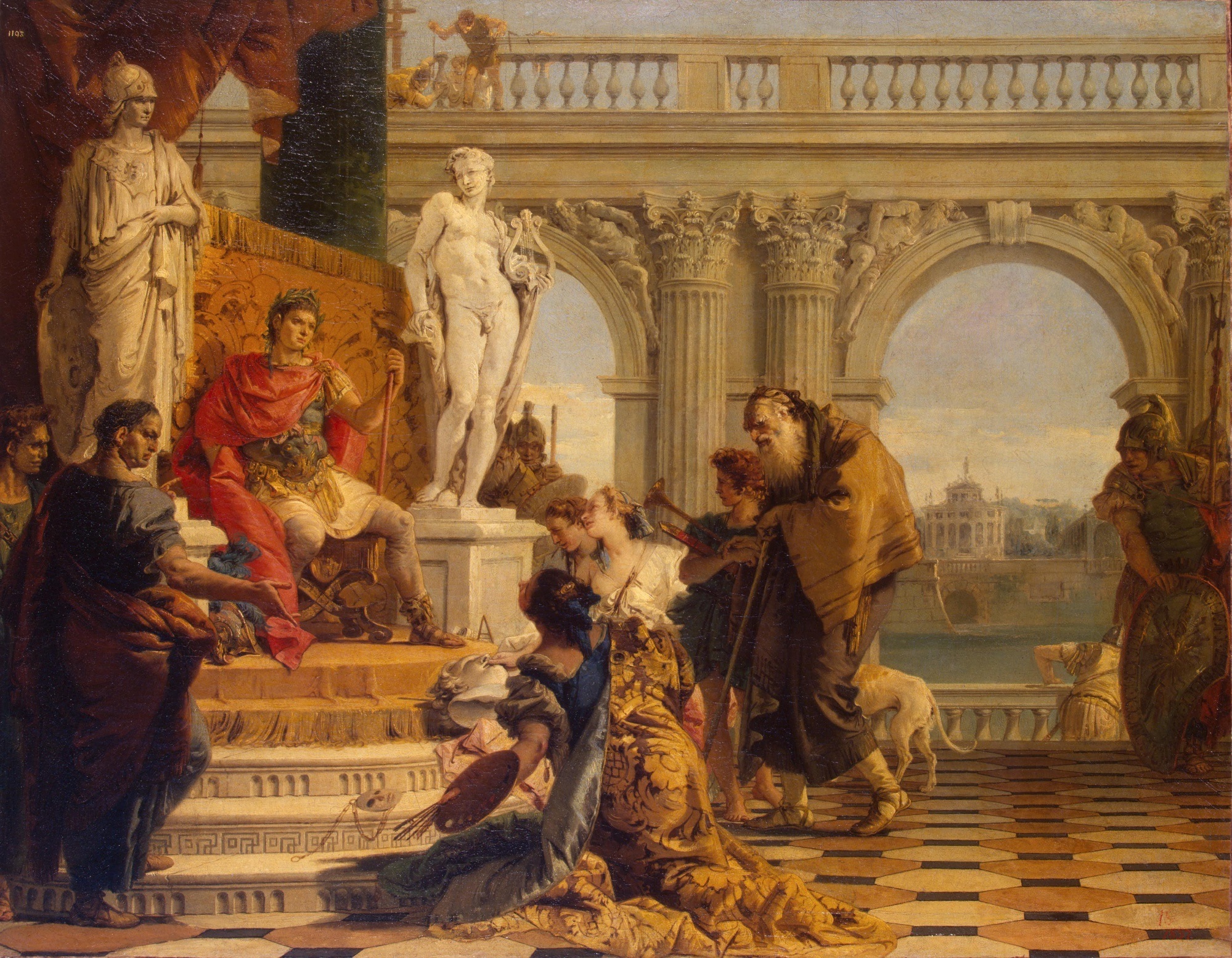A dense and provocative long read this week from American Affairs, in which P. Kishore Saval suggests that the current state of exhaustion and deconstructive nihilism in academia and the arts are not the antithesis of our liberal civilisation but its logical consequence:
When liberalism must actually accept the consequences of establishing itself on its own principles, it finds itself unable to deliver on its promises. Liberalism promises autonomy, but delivers subordination to power. It promises individuality, but delivers the degradation of personality. It promises freedom, but leads to a quest for private accumulation that undermines public legitimacy and great public works.
The liberal vision of humanity, the author argues, is “a governing idea dedicated to the priority of the autonomous, rights-bearing individual—an individual defined against, rather than constituted by, a community and its inherited traditions.”
In defining itself thus, against community and tradition, this vision of humankind as “willing the destruction of all higher aims”, has evolved two accounts of history. The Whig version tells of humanity’s progress from credulity to gradual enlightenment via liberal advances. The only available alternative is the postmodern school of deconstruction, that views all traditions and metanarratives (even the Whig one) as tendentious ideologies crafted to further the interests of power.
This “prevents a serious and honest appreciation of the past” and in the process reveals liberalism “to be a governing idea without content: it is now free, but only to affirm itself. Once liberalism defeats other orders and attempts to establish its own higher aims, it finds that it has no higher aims to promote.” In doing so, it produces “nothing less than an inversion of the values that for millennia produced the legacy of the liberal arts.”
How are we to recuperate what is left of our civilisation from such a nihilistic state, that promises freedom but instead subordinates fragmented, narcissistic personalities to power of the basest kind? The author’s view is that to fight back against ‘the active destruction of historical memory […] we must listen to the voices of the past when they affirm their own values.” Such an act of stubborn cultural and historical humility would represent “more than just a nuisance to the liberal: it would be an act of defiance against the present disorder.”











Join the discussion
Join like minded readers that support our journalism by becoming a paid subscriber
To join the discussion in the comments, become a paid subscriber.
Join like minded readers that support our journalism, read unlimited articles and enjoy other subscriber-only benefits.
Subscribe